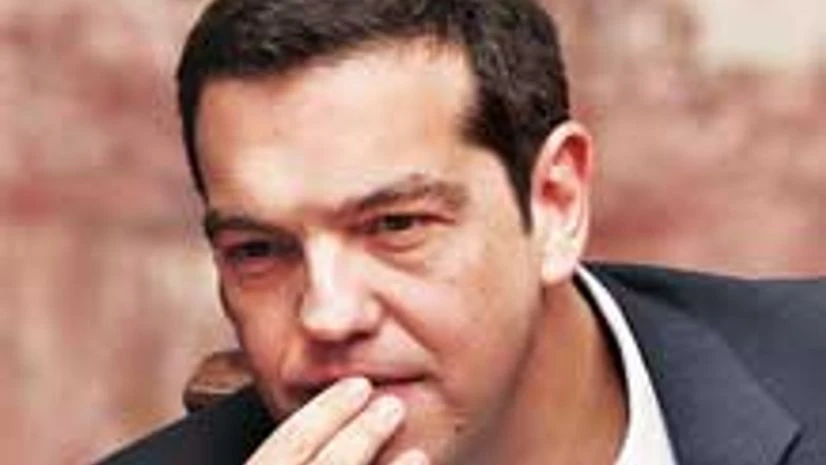"No one can ignore the will of the people to live, to live with determination, to take its destiny into its own hands," Tsipras, appearing relaxed and wearing an open-necked white shirt, said after casting his ballot in Athens.
Read more from our special coverage on "GREECE CRISIS"
Polling stations were open across the country of 11 million people - on far-flung Aegean islands, in the shadow of the 2,400-year-old Parthenon in Athens, to the northern border shared with fellow EU state Bulgaria.
Voters were weighing a question asking whether they were willing to accept worsening austerity in exchange for more bailout funds from international creditors.
The referendum was taking place after the government imposed strict capital controls, forcing banks to close and limiting daily ATM withdrawals to just 60 euros ($67).
ALSO READ: Myths about Greece's expensive referendum
The European Union and international investors were intently watching the poll, which is the biggest challenge to the European single currency since it came into being in 1999 and was adopted by Greece two years later.
EU leaders have warned a 'No' result sought by Tsipras's government could lead to Greece crashing out of the 19-nation eurozone.
But Tsipras said Greeks were only voting to live "with dignity" and predicted "a new chapter for Europe" tomorrow based on "democracy and solidarity in Europe".
He called the referendum just a week ago, arguing that a 'No' would strengthen his hand in demanding the creditors forgive some debt and scrap austerity measures that have ground Greece's economy down under an interminable depression.
The outcome was far from certain. Polls suggest the 'Yes' and 'No' camps are neck-and-neck.
Tsipras's flamboyant finance minister, Yanis Varoufakis, has accused Athens's creditors of "terrorism" for raising fears of a Greece exit from the eurozone -- a 'Grexit'. He and Tsipras point out that no legal mechanism exists to make it drop what is meant to be an "irreversible" monetary union.
Under clear sunny skies, young and old voters queued to have their say in schools and university buildings transformed into polling stations. Voting was to close at 7:00pm (2130 IST), with results expected a couple of hours later.
Dimitris Halatsis, a teacher, said it was "a crucial day" and he was voting 'No' because "it's the only chance the government and Greece have to apply pressure" on the creditors.

)
